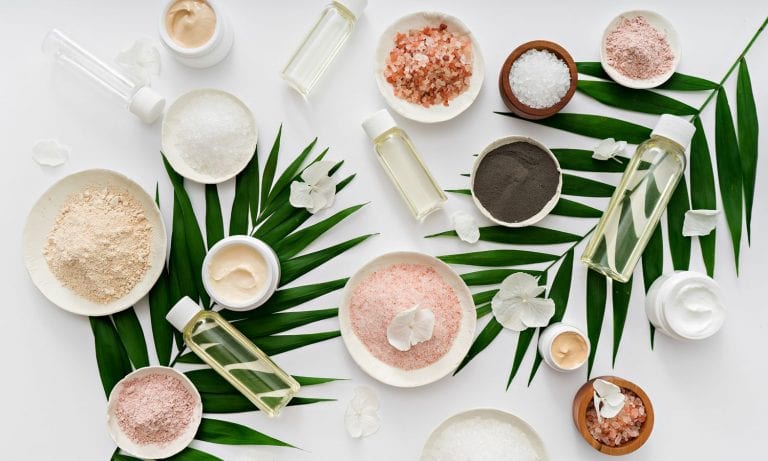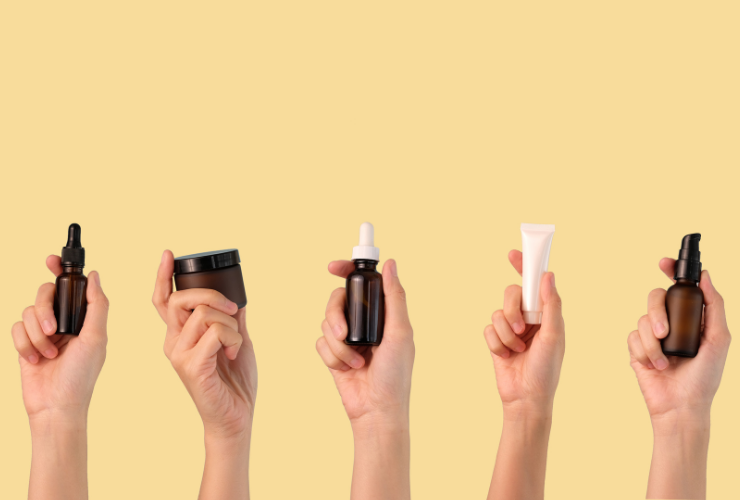In today’s market, more and more people are turning to private-label products when it comes to their personal care needs. This is for a variety of reasons, but one of the main reasons is that they are often more affordable. However, not all private-label cosmetic is created equal. In order to find good merchandise that you can start selling, you first need to understand some key things about private labeling.

Source: pravadaprivatelabel.com
Contents
What is private labeling?
Private labeling is a marketing term used to describe when products are labeled with a unique identifier that distinguishes them from their competitors. This allows companies to promote their products as being of a higher quality or exclusive, without having to reveal the exact name or supplier of the product.
Private label merchandise can be sold through a direct-to-consumer business model, where consumers purchase the product directly from the company, or through an intermediary such as an online store. In either case, they typically cost more than comparable products available in retail stores.
There are various benefits to private labeling, including increased brand recognition and loyalty among customers, increased sales volumes and profits, and reduced marketing costs. Private labeling can also help companies reduce their environmental impact by reducing the amount of packaging they need to produce.
Types of private labeling
Voluntary private labeling is when a company decides to label its merchandise in a way that is different from the standard, global brand. Mandatory private labeling is when a government or other regulatory body requires a company to label its products in a certain way in order to sell them domestically.
There are two main types of mandatory private labeling: country-of-origin labeling (COOL) and product-safety labeling. COOL applies to meat, poultry, and seafood products, while product-safety labeling applies to all consumer goods.
When it comes to voluntary private labeling, there are two main types: front-of-pack (FPL) and back-of-pack (BOP). FPL refers to the practice of companies placing their own labels on the front of packages so that customers can easily identify which products have been endorsed by the company. BOP refers to the practice of companies printing their own labels directly onto the packaging, making it difficult for competitors to copy or counterfeit their products.

source: hk.asiatatler.com
What to look for in skincare products
Here are three things to keep in mind:
- Types of ingredients: Many custom private-label skin care products have ingredients that work together to fight acne or improve skin texture. Look for ingredients like salicylic acid, glycolic acid, and retinol, which are all known for their anti-acne properties. Make sure to avoid the ones that are tested on animals.
- Types of packaging: Skincare products come in a variety of packaging options, from tubes and jars to creams and lotions. Keep in mind the type of application you plan on using the product for (face cream vs serum) to help choose the right packaging.
- Price and availability: Don’t just go by how expensive a product is; also consider how widely it’s available and whether you can find it at your preferred store or online. While not all expensive skincare products are worth purchasing, there are plenty that offer great value for your money.
What to look for when searching for private skincare label products
When searching for private skincare label products, keep the following tips in mind:
-Look for products with a quality ingredients list. Private-label merchandise should only contain ingredients that are safe and effective for skin care.
-Compare prices and selections before making a purchase. There may be more expensive options available, but also more variety. Look for products that offer different types of discounts, such as buy one get one free or 10% off your entire order.
-Check the company’s reputation. Make sure the private label brand you’re considering is reputable and has a good track record of producing quality products.
-Test out the product before buying it to ensure it works well on your skin. Apply a small amount to your skin to see if it dries quickly or leaves any residue.

Source: privatelabelskincareflorida
How to be a successful skincare products seller?
Once you have your product lineup, it’s time to start marketing your merch. There are a few different ways to do this, and it all depends on what kind of lifestyle you want to portray and what kind of target audience you’re after. You can do online reviews, social media campaigns, or even hold pop-ups at certain locations.
Overall, being a successful skincare products seller is all about identifying the right opportunities and capitalizing on them. By following these tips, you’ll be well on your way to becoming a successful businesswoman!
How to set up your own private skincare label company
If you’re interested in starting your own private skincare label company, there are a few things to keep in mind. First, it’s important to come up with a unique name and logo for your company. You’ll also need to think about what kind of products you’d like to sell and how you’ll be marketing them.
Once you’ve got all of that figured out, it’s time to get started building your business. Here are a few tips on how to do just that:
- Start by creating a brand identity for your company. This includes coming up with a name and logo for your business, as well as developing marketing materials such as logos, Web site designs, and advertising campaigns.
- Develop a sales strategy for your company. This will include deciding which products you want to sell and how much money you’re willing to spend on advertising and marketing efforts.
- Get organized! You’ll need to set up shop somewhere and start stocking product shelves with your new line of skincare products.

Source: lepotica.rs
Conclusion
Finding private skincare label products can be a difficult task, but it’s one that is well worth undertaking if you want to start selling beauty products. By researching the right brands and looking for product labels that offer favorable terms and conditions, you can get started on building a successful private skincare label business. Congratulations on taking the first step!
